10 Most Common Anti-Aging Treatments To Get Younger Skin
You can't stay young forever, but you can look the part with some effective procedures.
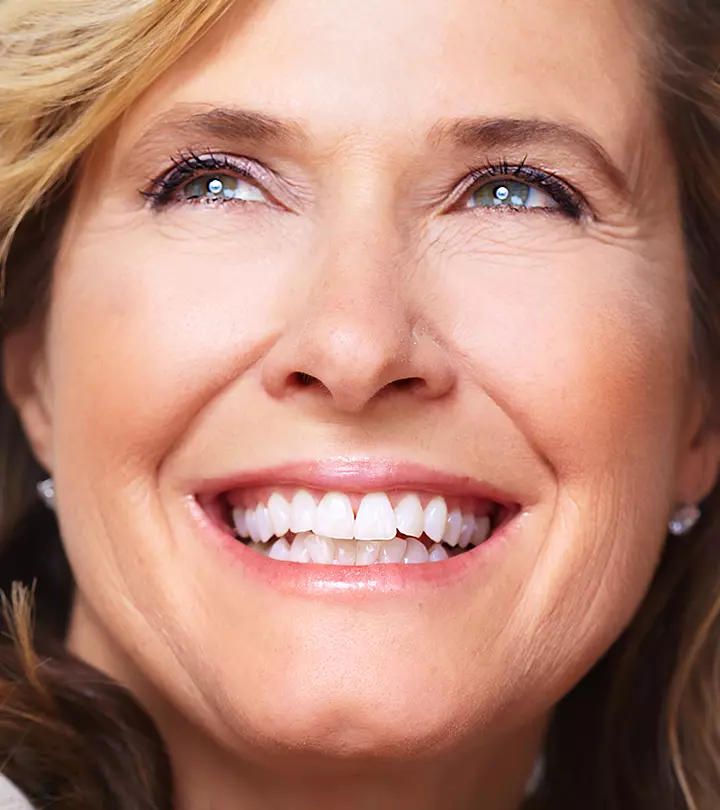
Image: ShutterStock
With age come several skin-related issues, starting from wrinkles to depressed cheekbones. However, anti-aging treatments, such as laser resurfacing, stem cell facelift, and chemical peels, can work wonders in slowing down these aging symptoms and help you get a youthful look.
But are they safe and worth all the hype? Do they have any adverse effects? In this article, we will discuss some promising facial rejuvenation treatments, their benefits, potential risks, and the costs involved. Let us get started.
In This Article
10 Most Common And Best Anti-aging Treatments
1. Laser Resurfacing
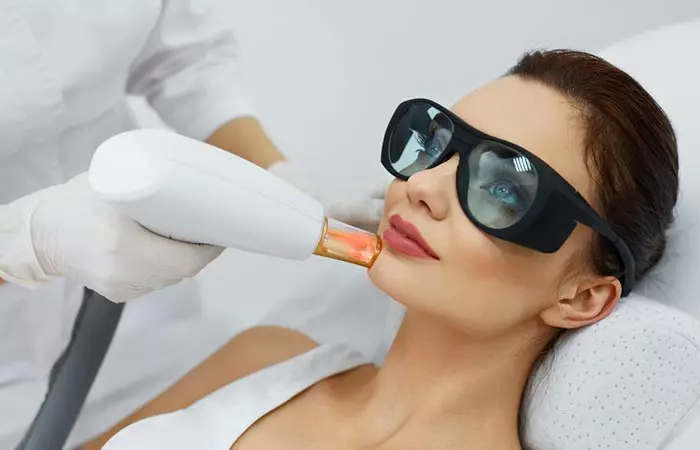
Laser is one of the best anti-aging treatments for the face. If you are experiencing acne, blotches, scars, or wrinkles due to sun damage, laser skin resurfacing may be a great way to help your skin look younger and healthier (1).
What Does It Do?
Laser resurfacing, laser peel, or light therapy is a well-known anti-aging treatment that uses light energy to repair and regenerate skin cells.
Benefits Of Laser Resurfacing
Among some of the key benefits of laser resurfacing include (1):
- An increase in the energy levels of cells in the treated area.
- Works as a collagen booster and helps in the formation of new skin cells to make your skin look younger.
- Better blood circulation in the area of treatment.
- Improved lymphatic drainage, which also reduces swelling.
How Does It Work?It is a popular anti-aging treatment for the face that works by directing sharp and concentrated vibrating rays of light at the areas of the skin that are damaged and removing the skin layer by layer.Pain Factor
Although there is a slight possibility of pain in some cases (when the procedure is not performed carefully), there is no need for painkiller medications after the treatment.
Possible Risks Involved
Similar to any other skin treatment, laser therapy also has certain risks involved (1):
- Skin discoloration
- Swelling
- Crusting
- Infection
- Scarring
- Pain
Note: Except for hyperpigmentationi A harmless skin condition in which you develop dark patches on the skin due to excess melanin production. , all these risks are temporary and resolve within hours to days. Certified dermatologists/medical aestheticians have several ways of minimizing these risks.
Cost
The cost for laser treatment varies based on the types of lasers used. In general, non-ablative laser treatments can cost approximately $1,031 each session, whereas ablative therapies can cost up to $2,330 a session. Hence, the overall cost for laser treatment depends on the number of sessions you require and the specific area that needs treatment.
Availability: Available in specialized dermatology clinics and cosmetic centers. Not available in pharmacies.
2. Dermal Fillers
It is quite natural for your skin to lose collagen, skin elasticity, and hyaluronic acid as you age, which results in wrinkle formation. Dermal fillers refer to the injection of soft-tissue fillers (Restylane, Juvederm Stylage, and Revanese) into these areas around the cheeks, nose, eyes, jawline, and mouth, resulting in an improvement in the skin’s appearance (2).improvement in the skin’s appearance.
What Does It Do?
Dermal fillers, an injectable treatment performed under the supervision of a certified medical practitioner, can help smoothen lines and replenish lost volume, thus restoring youthfulness of the skin (2).
Benefits Of Dermal Fillers
One of the main benefits of dermal fillers as an anti-aging treatment is that they can be easily dissolved by a special solution in case of an adverse event or if you dislike the appearance. Further, most dermal fillers are premixed with lidocaine, a numbing agent, to help you feel comfortable during treatment (3).
How Does It Work?
One of the most common compounds used in these dermal fillers is hyaluronic acid (HA). It is a naturally occurring substance found in our skin, and it plays a key role in keeping skin hydrated and volumized. Depending on their specific composition, HA dermal fillers can last six months to several years before being gradually absorbed by the body (2).
Pain Factor
There is a rare possibility of pain in some cases where the procedure is not performed carefully.
Possible Risks Involved
The most common side effects of dermal fillers include redness, pain, bruising, or swelling (2). However, all of these symptoms go away within one to two weeks.
Cost
Dermal fillers are typically priced per syringe. The number of syringes required for treatment mainly depends on which areas you get treated. For instance, the average cost of each syringe of Juvederm is approximately $620. It is also important to note that these costs depend on the credentials and experience of the administering doctor or cosmetic injector.
Availability: Available only through licensed clinics or dermatologists. Not available in pharmacies. Requires a professional consultation.
 Trivia
Trivia3. Microdermabrasion
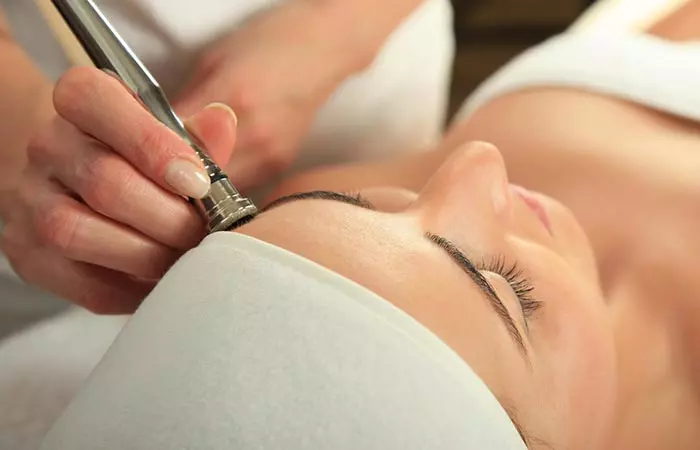
Microdermabrasion is a relatively less invasive anti-aging procedure that is used to renew the overall skin tone and texture. It can help in wrinkle reduction like forehead wrinkles and crow’s feet, age spot removal, and improve the appearance of wrinkles, fine lines, age spots, acne scarring, melasmai A skin pigmentation disorder characterized by brown or gray discolored patches on the sun-exposed areas of the skin. , and various other skin-related concerns and conditions (4).
What Does It Do?
Microdermabrasion is a relatively lesser-known facial treatment for aging skin that helps renew the overall skin tone and texture. It helps exfoliate the surface layers of the skin using techniques such as suction and abrasion.
Benefits Of Microdermabrasion
Microdermabrasion is a good treatment option for patients with superficial skin problems and hectic lifestyles who are looking for quick benefits with virtually no side effects or downtime.
How Does It Work?
The microdermabrasion procedure uses a special applicator with an abrasive surface to remove the thick outer layer of the skin to make it look replenished and rejuvenated.
A study tested the effects of microdermabrasion on skin rejuvenation by treating a specific area of skin with microcrystals and negative pressure. After several sessions, the treated skin showed improved thickness and collagen production. The results suggest that microdermabrasion can help promote skin rejuvenation by improving skin structure (5).
Pain Factor
Although there is a slight possibility of pain in some cases, there is no need for painkiller medications after treatment.
Possible Risks Involved
Some of the common side effects of microdermabrasion include swelling, redness, and mild tenderness (4). However, these effects generally last only a few hours after treatment.
Cost
As per the American Society of Plastic Surgeons, the national average cost of a microdermabrasion procedure is $167 (as of 2020) (6). The total cost of the procedure generally depends on your medical practitioner’s fees, as well as geographic location.
Availability: Available in skin clinics and spas. Not available in pharmacies.
4. Botox Injections
Botox or botulinum neurotoxin is primarily a substance injected into the skin to temporarily decrease the facial muscle tone.
A survey submitted by 516 US millennials found that 92% of them knew about botulinum toxin injections, 21% of them had tried it before, and 18% had tried it for cosmetic procedures. Out of those who had tried botox injections, 45% used it to treat wrinkles, 37% did it for wrinkle prevention, and 18% for non-cosmetic reasons.
What Does It Do?
It is an excellent treatment to prevent wrinkles from developing or becoming worse (7). It is mainly used for cosmetic purposes, and the results of Botox treatment last for 6-9 months when the nerve fibers start to regenerate.
Benefits Of Botox Injections
Botox is considered to be the best anti-aging skin care treatment. Its key benefit is wrinkle-free skin. This happens because it paralyzes the muscles around the area of treatment. Another key benefit of Botox injections is that they are very useful for the treatment of hyperhidrosis – a skin condition that causes excessive sweating (7). It can also help lighten the skin. This study looked at how botulinum toxin injections, commonly used for wrinkle treatment, can also lighten the skin. Thirty-one patients received botulinum toxin in areas like the forehead and around the eyes, and the melanin levels (which affect skin color) were measured. After treatment, a significant reduction in melanin levels was observed, especially in the forehead area (8).
How Does It Work?
When injected into the muscles, Botox injections lead to the blockage of nerve impulses to tissues. This results in a reduction of muscle activity, causing smoother-looking skin.
Pain Factor
If not administered under the supervision of a certified medical practitioner, there is a possibility of pain, swelling, or bruising at the site of injection (7).
Possible Risks Involved
Botox injections are completely safe when administered by certified dermatologists. However, there is a possibility of side effects and complications if Botox is not injected properly. Some of the side effects that can develop:
- Droopy eyelids
- Headache
- Flu-like symptoms
- Dryness in the eyes
Also, it is recommended to avoid taking Botox treatment if you are pregnant, lactating, or allergic to cow’s milk protein.
Cost
The overall cost of Botox treatment depends on how many injections you get. Since these injections are available in units, the units are administered based on how active your muscles are. A single Botox injection unit costs between $9-15. It is important to note, however, that different medical practitioners charge differently for Botox treatment.
Availability: Available only through licensed clinics or dermatologists. Not available in pharmacies. Requires a professional consultation.
 Trivia
Trivia5. Chemical Peel
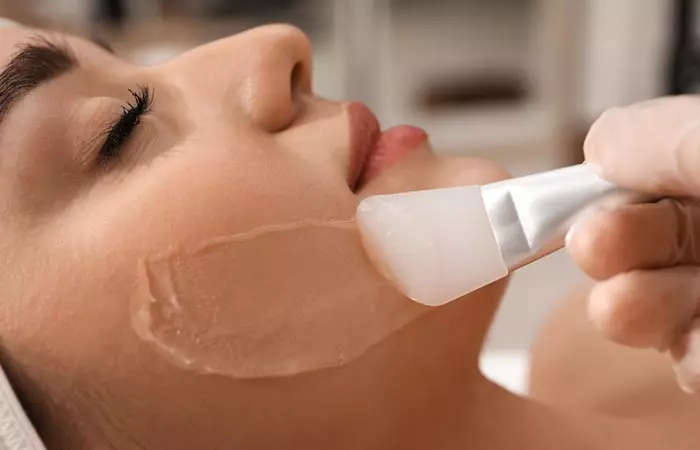
A chemical peel is essentially a skin-resurfacing procedure where a solution of different acidic chemicals is applied to the face.
What Does It Do?
A chemical peel is a unique technique that makes the superficial layer of skin peel off, thus smoothening the skin’s surface and reducing fine lines and wrinkles (9). They are generally gel-like formulas that are applied to the face and sometimes to other parts of the body, such as the hands or the neck.
Benefits Of Chemical Peels
The key benefits of this non-surgical wrinkle treatment include (9):
Reduction in fine lines under the eyes and around the mouth
Improvement in the appearance of mild scars
Reduction in frecklesi Small, benign, brown circular spots on the skin commonly caused by overproduction of melanin and sun exposure. , age spots, and dark patches due to pregnancy.
How Does It Work?
Chemical peels work by peeling away the damaged skin cells, which allows healthy skin to grow in its place.
Pain Factor
Although there is a slight possibility of pain in some cases if the procedure is not performed carefully, it gets better after a few hours of the treatment.
Possible Risks Involved
Some of the possible risks involved with chemical peels include (10):
- Numbness Burning sensation
- Scabbing of the skin because of the removal of skin cells
- Excessive peeling of the skin for those with deep wrinkles
- Increase in skin sensitivity due to the sun, which can lead to sunburn
Cost
The cost of chemical peel treatment generally depends on the type of skin peel that you get. On average, a chemical peel treatment can cost between $250-700 for a single session. The prices are around $150 if you go for a mild skin peel and up to $1000 in cases of deep peels.
Availability: Available in dermatology clinics, spas, and pharmacies. Best if you consult a professional.
6. Fractional Laser Skin Resurfacing
Fractional laser skin resurfacing is considered to be the best anti-aging laser treatment for softening wrinkles and reducing pigmentation issues on the various parts of the body, including the face, chest, neck, arms, and hands (11).
What Does It Do?
The treatment targets pulsating beams of light precisely on the skin to remove the damaged top layer and deliver a visible improvement in your skin’s texture.
Benefits Of Fractional Laser Skin Resurfacing
It is a completely non-invasive laser therapy that helps treat:
- Fine lines
- Wrinkles
- Surface scarring (such as the scars caused by acne
- Surgical scarring
- Actinic keratosisi A condition in which the skin becomes dry, scaly, and rough due to overexposure to the sun, which may lead to cancer. (a pre-cancerous skin condition)
- Safety from sun damage
- Hyperpigmentationi A harmless skin condition in which you develop dark patches on the skin due to excess melanin production. such as age spots
How Does It Work?
A fractional laser delivers short, precise microbeams of laser light into the lower layers of the skin. This helps create deep and narrow columns of tissue coagulation, thus stimulating natural healing and the growth of healthy new tissues.
Pain Factor
If not administered under the supervision of a certified medical practitioner, there is a possibility of pain, swelling, or bruising at the site of treatment (11).
Possible Risks Involved
Among the possible risks of fractional laser skin resurfacing treatment include redness, pain, and scarring.
Cost
The cost of fractional skin laser resurfacing varies depending on the type of lasers used. According to the American Society of Plastic Surgeons (ASPS), non-ablative laser treatments cost about $1,445 per session, while ablative treatments are about $2,509 per session (as of 2020) (6). The overall cost of the treatment also depends on how many sessions you need and the area being treated.
Availability: Available in dermatology clinics and medical spas. Requires a professional consultation. Not available in pharmacies.
Michele Maize, a traveling, vegan, and yoga practitioning blogger, tried a laser skin resurfacing treatment to manage fine lines, wrinkles, and brown spots. She observed that her lines were lighter but not gone and needed more sessions. She writes, “The treatment wasn’t painful, just a little shocking to the skin at times because they put numbing cream on your skin first. The whole treatment took about 20 minutes (i).”
7. Stem Cell Facelift
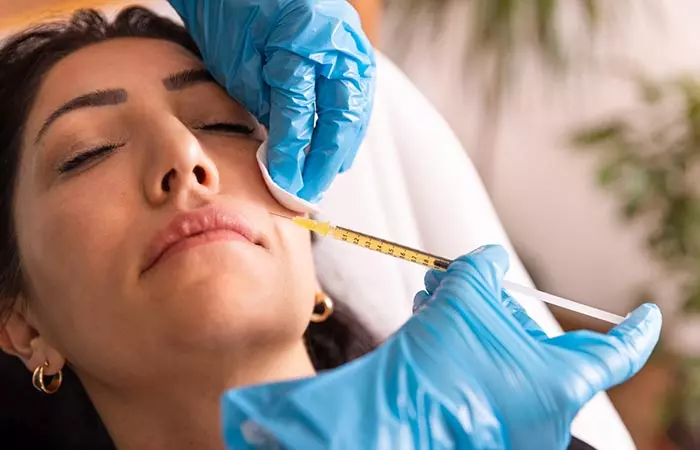
Stem cell facelift is another revolutionary anti-aging treatment that provides the regenerative benefits of stem cell therapy. The main benefit of this treatment is that it requires no surgery and no downtime at all. However, not much research has been conducted on the efficacy and benefits of this anti-aging treatment.
How Does It Work?
In this anti-aging skin care treatment, stem cells migrate to sites of inflammation, thus calming down the inflammatory effects and laying down a new cellular framework. The result is dramatic skin rejuvenation and a natural lift that can last for as long as three years without surgery or any considerable downtime (12).
Benefits Of Stem Cell Facelift
Stem cell facelifts help fight all the signs of aging with the help of stem cells (12). The treatment can help restore the quality of your skin by providing collagen and elastin.
How Does It Work?
The treatment harnesses stem cell technology to create more collagen. Apart from this, it fills in the tissues with healthy blood flow, resulting in a glowing and youthful appearance.
Pain Factor
Although there is a slight possibility of pain when the treatment is not performed carefully, there is no need for taking painkillers after treatment.
Possible Risks Involved
Among some of the minor side effects of the procedure include (12):
- Skin scarring
- Bruising
- Redness
Cost
Stem cell facelifts are less expensive compared to other facelift procedures. The approximate cost of the procedure is between $18,000-28,000, depending on factors such as the treatment plan, the extent of damage to the skin, and the site of treatment.
Availability: Available at specialized clinics offering advanced cosmetic treatments. The procedure requires professional consultation and may not be widely accessible in all areas.
8. Non-Ablative Skin Rejuvenation
Non-ablative skin rejuvenation is an anti-aging treatment that uses lasers and other techniques to treat age spots, wrinkles, and loss of skin tone (11).
What Does It Do?
This procedure incorporates a non-wounding laser to remove layers of the skin as well as minor skin blemishes such as fine lines and dark spots. The treatment targets different skin imperfections throughout several treatments with shorter recovery time and long-lasting results.
Benefits Of Non-Ablative Skin Rejuvenation
The heat generated by the laser promotes collagen production, which helps in skin tightening and makes it look younger and healthier (11). A study tested the effectiveness of a non-invasive laser treatment using a 1540 nm erbium glass laser to improve the appearance of aging neck skin. Eighteen women underwent six laser sessions spaced four weeks apart. The results showed significant improvement in skin discoloration and wrinkles (13).
How Does It Work?
In this treatment, the outer layer of the skin is not removed, and there is no recovery time required as such. To achieve the best results, you may need several treatments, and it can take up to a few months to see the full effects.
Pain Factor
If not administered under the supervision of a certified medical practitioner, there is a possibility of pain, swelling, or bruising at the site of treatment.
Possible Risks Involved
Some of the possible side effects from non-ablative skin rejuvenation may include:
- Burns or other injuries from the laser’s heatScarring
- Changes in the skin’s pigmentation
- Bacterial infection
- Milia in the laser-treated areas during healing
Cost
The cost of non-ablative skin rejuvenation ranges from approximately $1,031-1,144, depending on the amount of skin treatment.
Availability: Commonly available at dermatology clinics and medical spas. There is no need for a prescription, but a consultation with a professional is required. Generally accessible in urban areas.
9. Microneedling
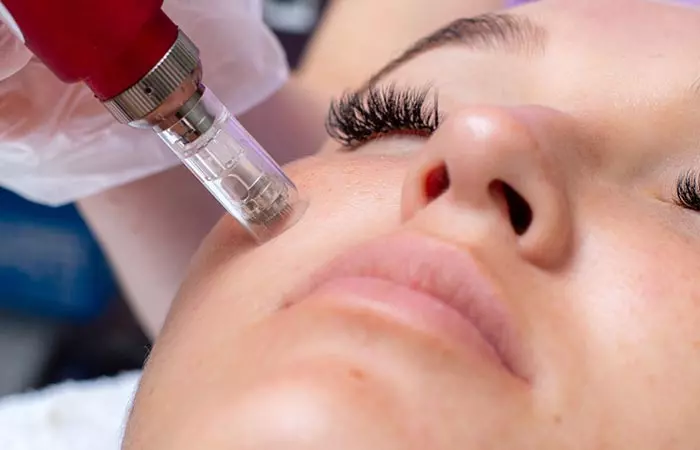
Microneedling is a collagen-inducing therapy used to improve skin texture, reduce the appearance of acne scarring, sun damage, fine lines, and enlarged pores.
What Does It Do?
Microneedling creates micro-channels using tiny needles that are set to penetrate different depths of the top layer of the skin, which allows age-defying serums and anti-aging creams and skin care products to penetrate deeper and treat the skin better.
Benefits Of Microneedling
This skin treatment for aging skin is considered effective and safe for treating minor scarring related to wounds, acne, and aging (14). After the treatment, you will likely notice a brighter skin tone and improved skin firmness. However, ideal results are achieved after multiple sessions.
How Does It Work?
Microneedling works by encouraging the skin to make more collagen. Pinpricks from the procedure cause slight injury to the skin, which then responds by making new collagen-rich tissue. This new skin tissue, in turn, is more even in tone and texture.
Pain Factor
There is a slight possibility of pain in some cases where the procedure is not performed carefully, but the pain fades away within a few hours.
Possible Risks Involved
The most common side effect of this treatment is minor skin irritation immediately following the procedure. There can also be redness for a few days, and in rare cases, one might experience symptoms such as bruising, bleeding, peeling of the skin, and infection (15).
Cost
Microneedling can cost anywhere from $100 to $700 per session. The overall cost of the treatment also depends on the size of the area being worked on.
Availability: Available in dermatology clinics and spas. Not available in pharmacies. Requires a professional consultation.
10. Retinoids
These topical compounds can keep a wide range of signs of aging at bay with regular use. Retin-A for wrinkles is a popular choice among those seeking to reduce the appearance of fine lines and wrinkles with a proven ingredient.
What Does It Do?
Retinoids are a family of skin care compounds derived from vitamin A. They combat the signs of aging and reverse sun-induced damage to the skin.
Benefits Of Retinoids
Retinoids stimulate collagen production, which may help plump up the skin and smoothen out wrinkles. They may encourage cell turnover and reduce the appearance of wrinkles (16). Moreover, retinoids can fade dark spots, resulting in a more even skin tone (17).
How Does It Work?
Retinoids work by binding to specific receptors in the skin. This prompts the skin cells to function more normally and enhances collagen production (18).
Possible Risks Involved
Skin irritation is a potential side effect of using retinoids. And if you have acne, it may make your skin dry and sensitive to the sun (19), (20).
Cost
The price of retinoid products ranges from affordable over-the-counter options to pricier prescription formulations, costing anywhere between $10 and $500.
Availability: Over-the-counter in lower strengths (e.g., retinol), while stronger versions (e.g., tretinoin) require a prescription. Can be found in pharmacies, online stores, and dermatology clinics.
Key Takeaways
- With anti-aging treatments, you can get rid of wrinkles and fine lines to get a youthful, radiant look.
- Treatments like laser resurfacing, dermal fillers, and microdermabrasion rejuvenate your skin.
- You can choose the best anti-aging treatment based on your needs, budget, and pain threshold.
Infographic: Top 5 Anti-Aging Treatments
While you can always opt for skin care products that provide anti-aging benefits, there are various anti-aging treatments that can help reduce the appearance of fine lines and wrinkles and help you achieve the youthful glow that you once had. Scroll down and check out the following infographic to know more.

Illustration: StyleCraze Design Team
Now that you know of the most common anti-aging treatments to achieve younger skin, it is important to be aware of how to determine which treatment works for you. Keep reading to learn more about it.
How To Consult Experts To Determine Suitable Anti-Aging Treatments
These treatments are all effective, and there are others as well. But what you choose depends on what you are looking to address, the current condition of your skin, and several other factors. Here are a few tips to help guide your decision:
- See A Dermatologist: Dermatologists can assess your skin type and age to recommend the best treatments for your needs, whether it is for wrinkles, age spots, or texture.
- Know Your Skin Type: Experts help identify whether your skin is oily, dry, or sensitive, influencing treatment choices.
- Age Consideration: A professional can suggest treatments suited for your age, targeting specific aging concerns like wrinkles or sagging.
- Share Concerns: Discuss any skin issues, such as pigmentation or fine lines, so the treatment is tailored to your needs.
- Personalized Plan: Experts will create a treatment plan that’s effective and tailored to your skin’s unique needs, making you feel considered and cared for.
- Follow-Up: Regular check-ins ensure treatments are working and allow for adjustments based on your skin’s progress.
Aging is a natural process, and there is no way to put a reverse gear from that. However, you can always go for anti-aging treatments to reduce the appearance of aging signs and look vibrant and youthful. Out of the various treatments available to help you achieve youthful skin, you may choose the one that suits you the best. The top 9 anti-aging treatments include laser resurfacing, dermal fillers, microdermabrasion, botox injections, chemical peels, fractional laser skin resurfacing, stem cell facelift, nonablative skin rejuvenation, and microneedling. You may consult a dermatologist and choose the most suitable option based on your skin needs and type.
Frequently Asked Questions
What factors should I take into consideration before selecting an anti-aging treatment?
Consider your skin type, specific concerns, ingredient efficacy, potential side effects or allergies, budget, and its suitability for your lifestyle before choosing an anti-aging treatment.
How long do anti-aging treatments last?
The range of treatments is huge and durations vary a lot. Most of the treatments mentioned above last from 6 months to 2 years. Dr. Paul Drake, an aesthetic surgeon, says, “It is important to recognize that the effect and duration depends on a lot of other factors like general health, nutrition, skin type, sun exposure, and smoking.”
How long does it typically take to see results from anti-aging treatments?
According to Dr. Drake, results start showing in a few weeks. He says, “Results from most treatments are seen within 2 weeks, with some treatment effects increasing over time and with repeat treatments.”
Can anti-aging treatments address other signs of aging, such as age spots or sagging skin?
Most anti-aging treatments address diverse concerns. Dr. Bart Kachniarz, an experienced plastic surgeon, says, “Chemical peels, lasers, and dermabrasion can address age spots. Fillers, thread lifts, and surgical procedures can offer lifting and tightening effects.”
Is there a permanent treatment for wrinkles?
No, there is no permanent treatment for wrinkles. You can consult your dermatologist for the best treatment suitable for you.
Is vitamin C anti-aging?
Yes, vitamin C is a powerful antioxidant that boosts collagen production and protects the skin from oxidative damage (21), (22). This may slow down the aging process.
Why is my face aging so quickly?
Factors like poor lifestyle, overexposure to the sun and poor sleep intake may result in premature skin aging (23), (24).
Is vitamin E or C better for the face?
Both vitamins E and C boost collagen production and protect your skin from UV damage (21), (25). You can use either product or both together.
Illustration: Most Common Anti-Aging Treatments To Get Younger Skin
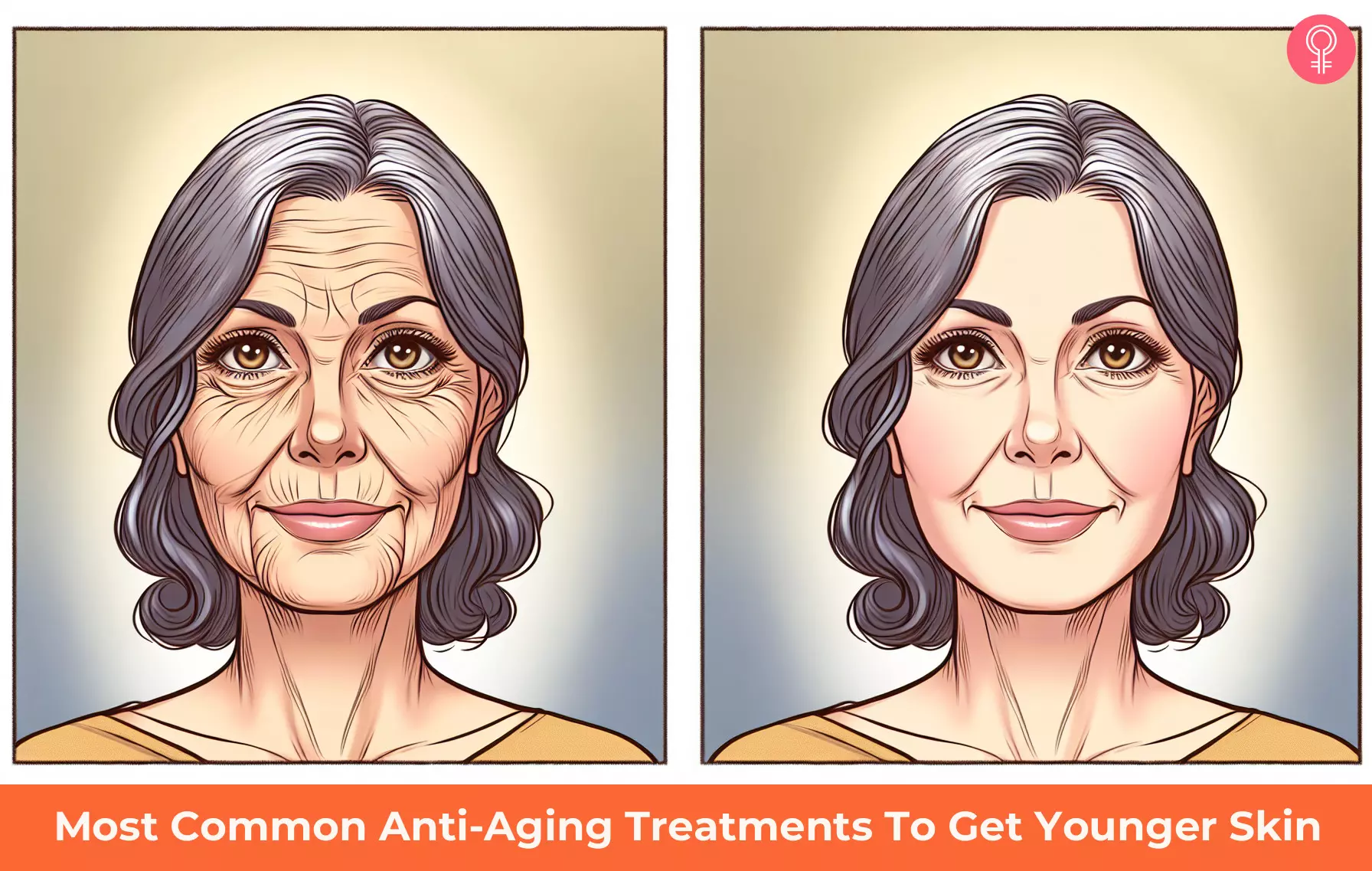
Image: Stable Diffusion/StyleCraze Design Team
Start early to prevent wrinkles and age spots! Watch the following video to understand when to begin anti-aging treatments for the best results.
Personal Experience: Source
StyleCraze's articles are interwoven with authentic personal narratives that provide depth and resonance to our content. Below are the sources of the personal accounts referenced in this article.
i. Is Laser Resurfacing For You?https://medium.com/illumination/is-laser-resurfacing-for-you-ace234519109
References
Articles on StyleCraze are backed by verified information from peer-reviewed and academic research papers, reputed organizations, research institutions, and medical associations to ensure accuracy and relevance. Read our editorial policy to learn more.
- Current Laser Resurfacing Technologies: A Review that Delves Beneath the Surface
https://www.ncbi.nlm.nih.gov/pmc/articles/PMC3580982/ - Dermal Fillers (Soft Tissue Fillers)
https://www.fda.gov/medical-devices/aesthetic-cosmetic-devices/dermal-fillers-soft-tissue-fillers - Hyaluronic acid dermal fillers: adjunctive lidocaine improve patient satisfaction without decreasing efficacy or duration?
https://www.ncbi.nlm.nih.gov/pmc/articles/PMC3063660/ - Microdermabrasion
https://www.ncbi.nlm.nih.gov/books/NBK535383/ - Effects of microdermabrasion on skin rejuvenation
https://pubmed.ncbi.nlm.nih.gov/24131070/ - Plastic Surgery Statistics Report
https://www.plasticsurgery.org/documents/News/Statistics/2020/plastic-surgery-statistics-full-report-2020.pdf - Botulinum toxin (Botox) A for reducing the appearance of facial wrinkles: a literature review of clinical use and pharmacological aspect
https://www.ncbi.nlm.nih.gov/pmc/articles/PMC6489637/ - The clinical effect of botulinum toxin on pigmentation
https://pubmed.ncbi.nlm.nih.gov/36468824/ - Evidence and Considerations in the Application of Chemical Peels in Skin Disorders and Aesthetic Resurfacing
https://www.ncbi.nlm.nih.gov/pmc/articles/PMC2921757/ - Complications of Medium Depth and Deep Chemical Peels
https://www.ncbi.nlm.nih.gov/pmc/articles/PMC3560165/ - Current Laser Resurfacing Technologies: A Review that Delves Beneath the Surface
https://www.ncbi.nlm.nih.gov/pmc/articles/PMC3580982/ - Stem Cell and Research in Plastic Surgery
https://www.ncbi.nlm.nih.gov/pmc/articles/PMC4248001/ - Non-ablative fractionated laser skin resurfacing for the treatment of aged neck skin
https://pubmed.ncbi.nlm.nih.gov/24953237/ - Review of applications of microneedling in dermatology
https://www.ncbi.nlm.nih.gov/pmc/articles/PMC5556180/ - Microneedling: Advances and widening horizons
https://www.ncbi.nlm.nih.gov/pmc/articles/PMC4976400/ - Retinoids in the treatment of skin aging: an overview of clinical efficacy and safety
https://www.ncbi.nlm.nih.gov/pmc/articles/PMC2699641/ - Topical retinoids for pigmented skin
https://pubmed.ncbi.nlm.nih.gov/21533293/# - Retinoids: active molecules influencing skin structure formation in cosmetic and dermatological treatments
https://www.ncbi.nlm.nih.gov/pmc/articles/PMC6791161/# - Safety Evaluation and Anti-wrinkle Effects of Retinoids on Skin
https://www.ncbi.nlm.nih.gov/pmc/articles/PMC3834457/ - Topical retinoids in acne vulgaris: update on efficacy and safety
https://pubmed.ncbi.nlm.nih.gov/18973403/# - The Roles of Vitamin C in Skin Health
https://www.ncbi.nlm.nih.gov/pmc/articles/PMC5579659/ - Topical vitamin C: a useful agent for treating photoaging and other dermatologic conditions
https://pubmed.ncbi.nlm.nih.gov/16029672/ - Stress, Inflammation and Aging
https://www.ncbi.nlm.nih.gov/pmc/articles/PMC3428505/ - Does poor sleep quality affect skin ageing?
https://pubmed.ncbi.nlm.nih.gov/25266053/ - Effectiveness of antioxidants (vitamin C and E) with and without sunscreens as topical photoprotectants
https://pubmed.ncbi.nlm.nih.gov/8869680/
Read full bio of Dr. Nermeen Bedair
- Dr. Paul Drake, MBChB, FRCS, is a plastic surgeon with 25 years of experience in plastic, reconstructive, and esthetic surgery. He graduated from the University of Glasgow and University College London. Dr. Drake pioneered the combination of SmartLipo (laser-assisted liposuction) and power-assisted liposuction for body contouring in the UK.
 Dr. Paul Drake, MBChB, FRCS, is a plastic surgeon with 25 years of experience in plastic, reconstructive, and esthetic surgery. He graduated from the University of Glasgow and University College London. Dr. Drake pioneered the combination of SmartLipo (laser-assisted liposuction) and power-assisted liposuction for body contouring in the UK.
Dr. Paul Drake, MBChB, FRCS, is a plastic surgeon with 25 years of experience in plastic, reconstructive, and esthetic surgery. He graduated from the University of Glasgow and University College London. Dr. Drake pioneered the combination of SmartLipo (laser-assisted liposuction) and power-assisted liposuction for body contouring in the UK. - Dr. Bart Kachniarz, MD, is a plastic surgeon trained at Harvard and Johns Hopkins, with seven years of experience. He works at Sky Ridge Medical Center and UCHealth Highlands Ranch Hospital. He earned his bachelor's degree in Biological Sciences from Columbia University in New York City and then attended Harvard Medical School.
 Dr. Bart Kachniarz, MD, is a plastic surgeon trained at Harvard and Johns Hopkins, with seven years of experience. He works at Sky Ridge Medical Center and UCHealth Highlands Ranch Hospital. He earned his bachelor's degree in Biological Sciences from Columbia University in New York City and then attended Harvard Medical School.
Dr. Bart Kachniarz, MD, is a plastic surgeon trained at Harvard and Johns Hopkins, with seven years of experience. He works at Sky Ridge Medical Center and UCHealth Highlands Ranch Hospital. He earned his bachelor's degree in Biological Sciences from Columbia University in New York City and then attended Harvard Medical School.
Read full bio of Arshiya Syeda
Read full bio of Ramona Sinha
Read full bio of Swathi E








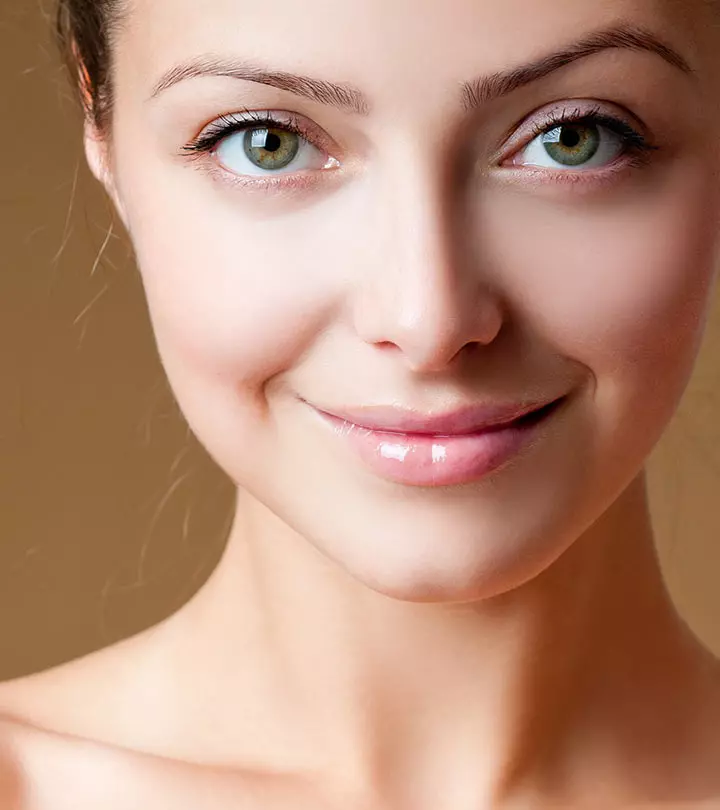

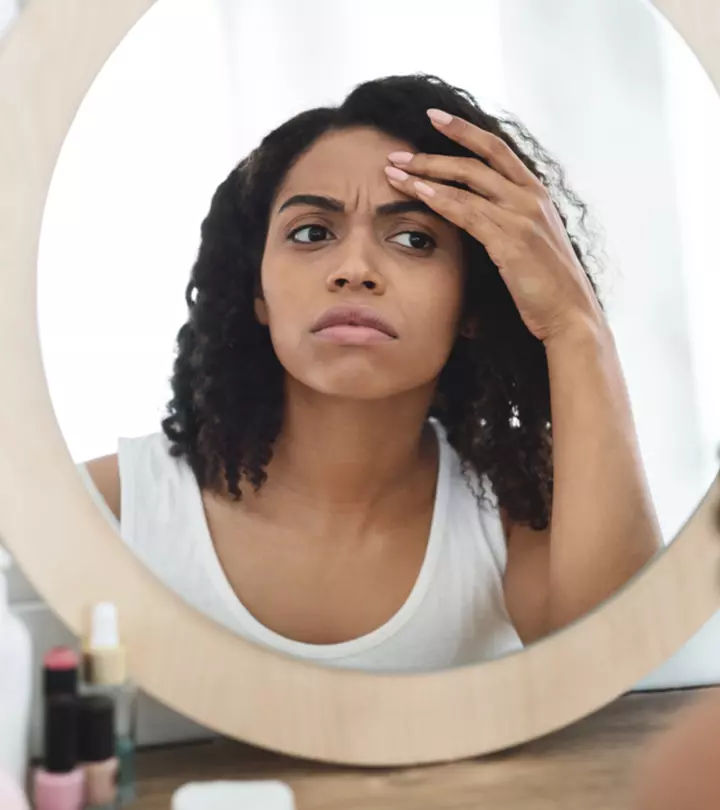
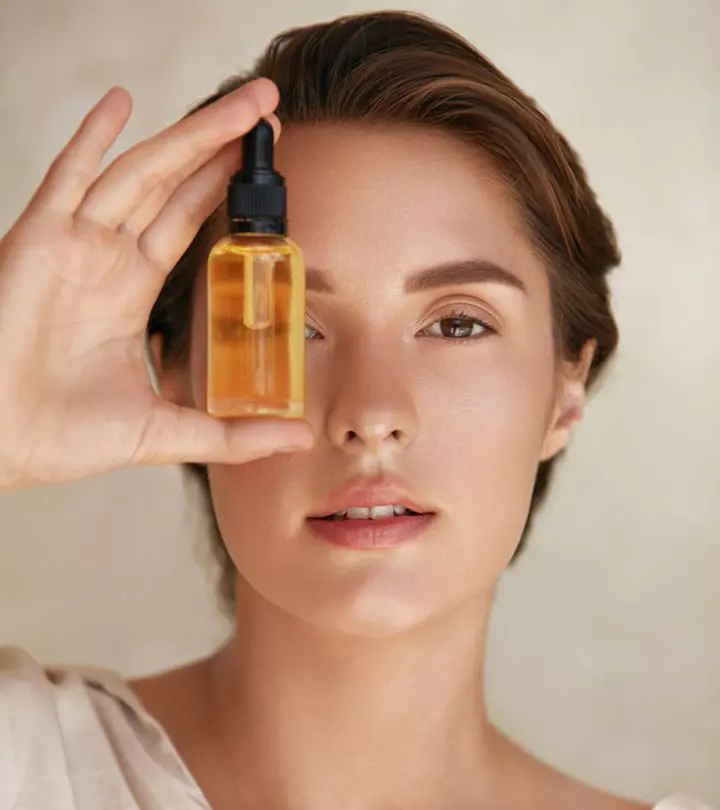
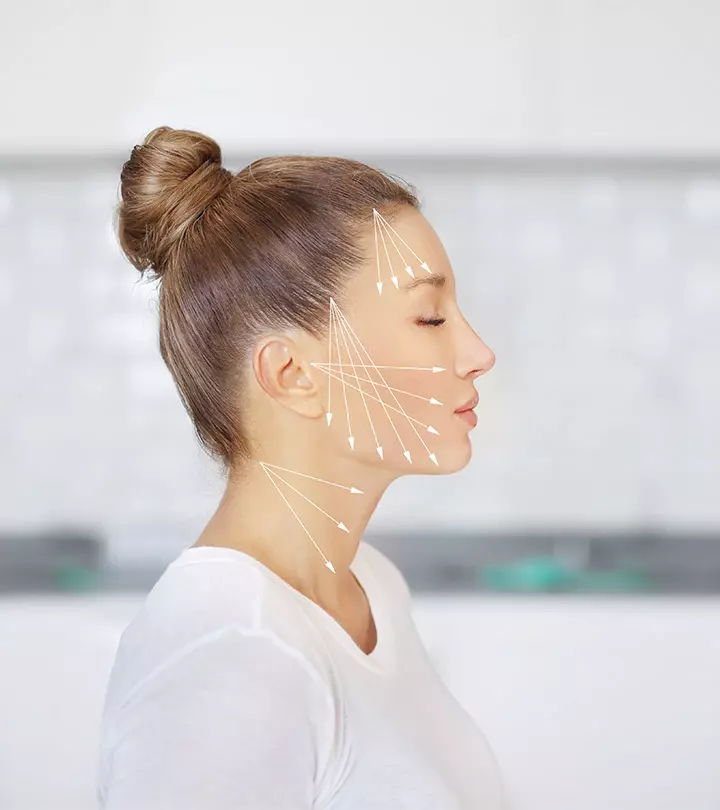
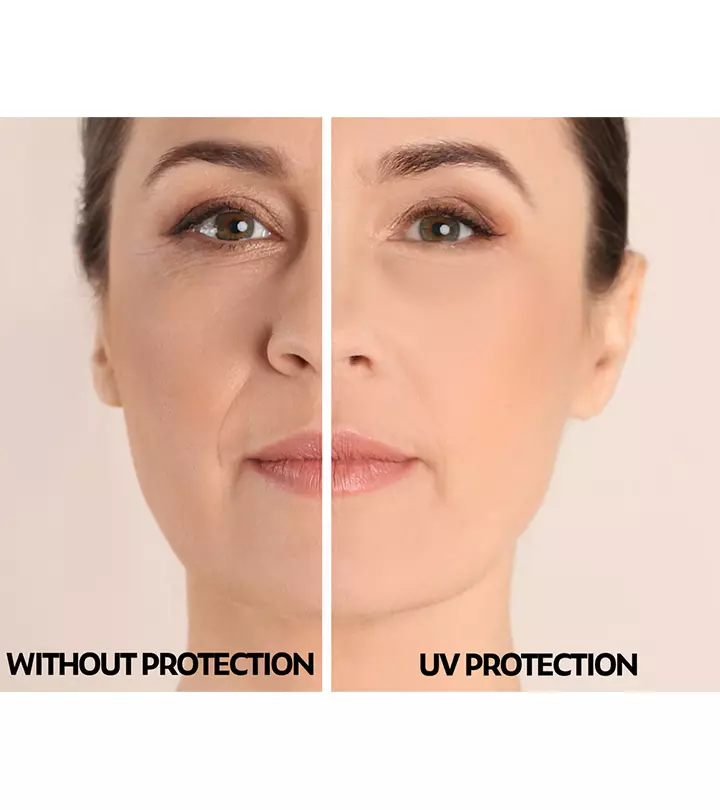
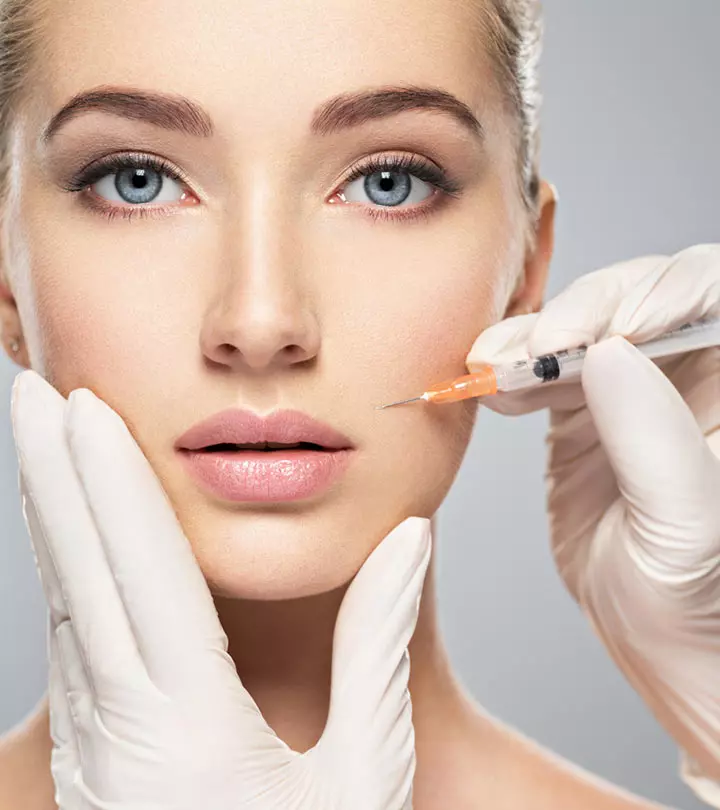
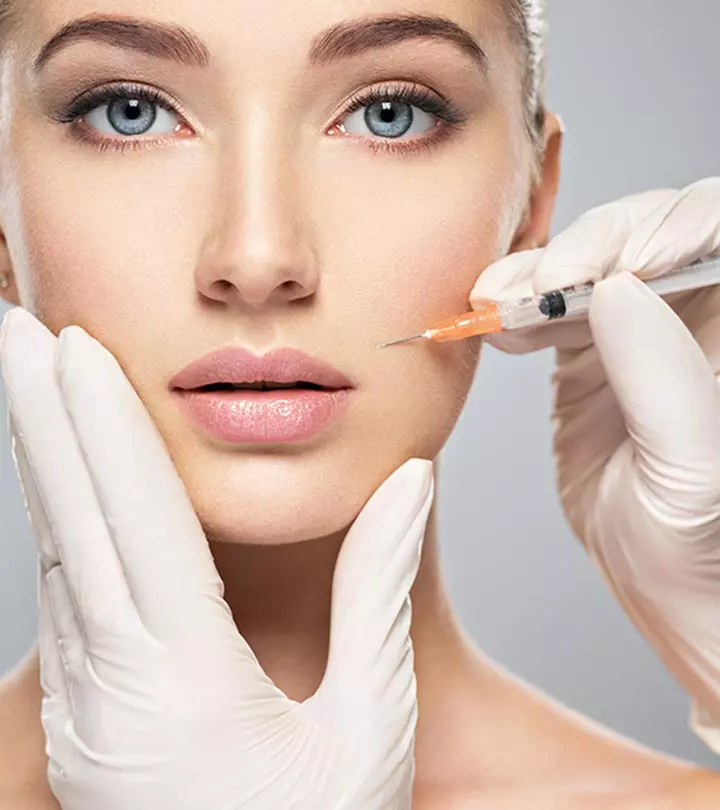

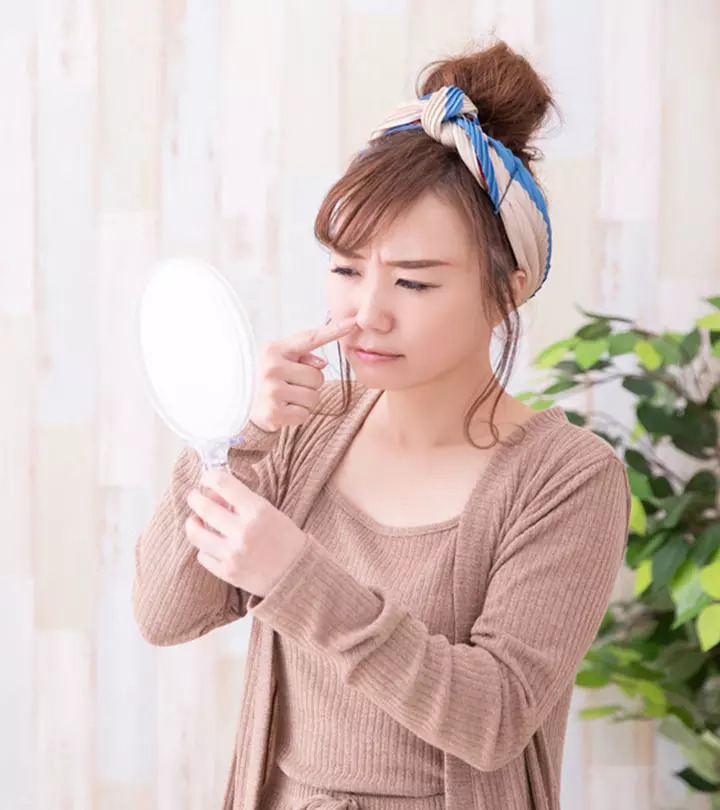
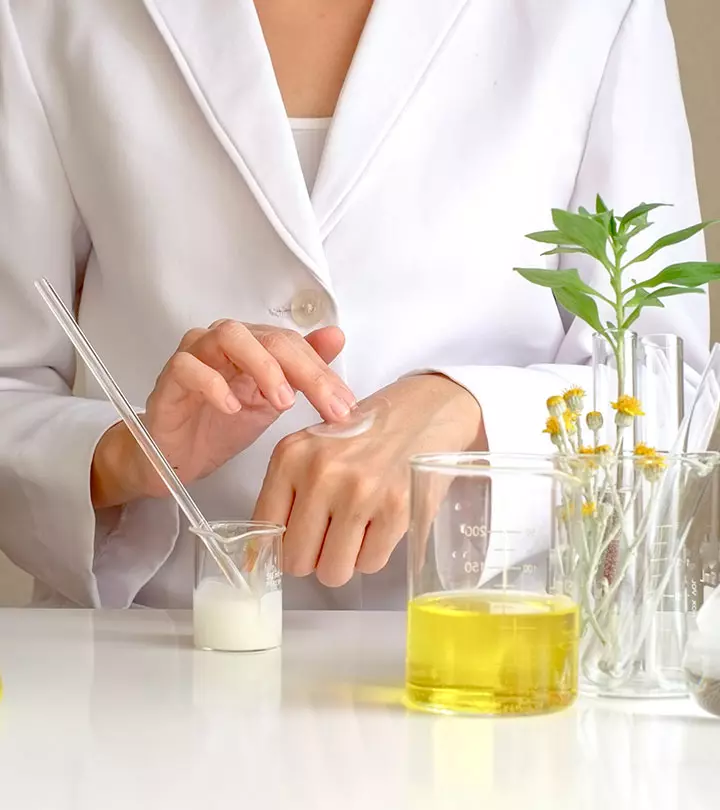
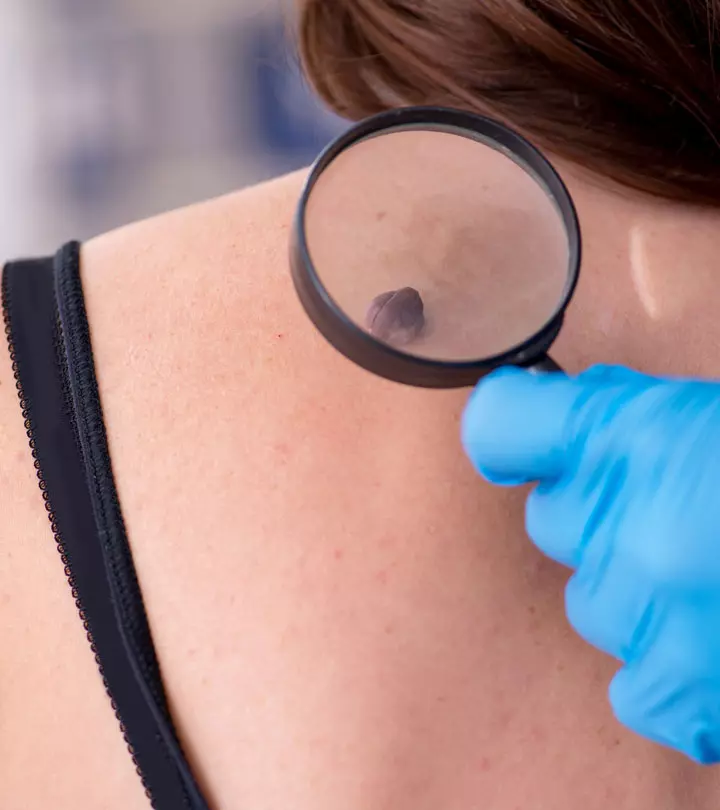

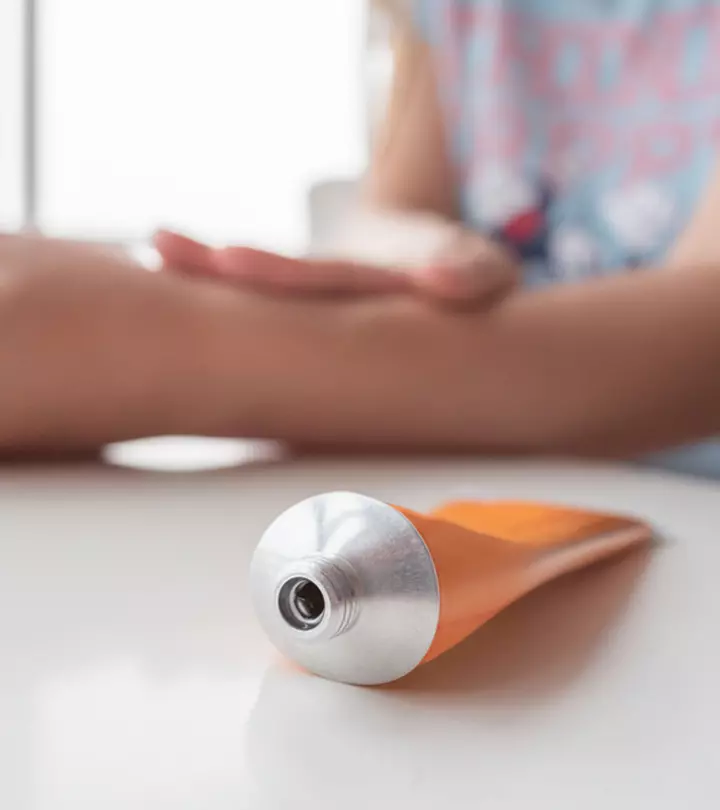
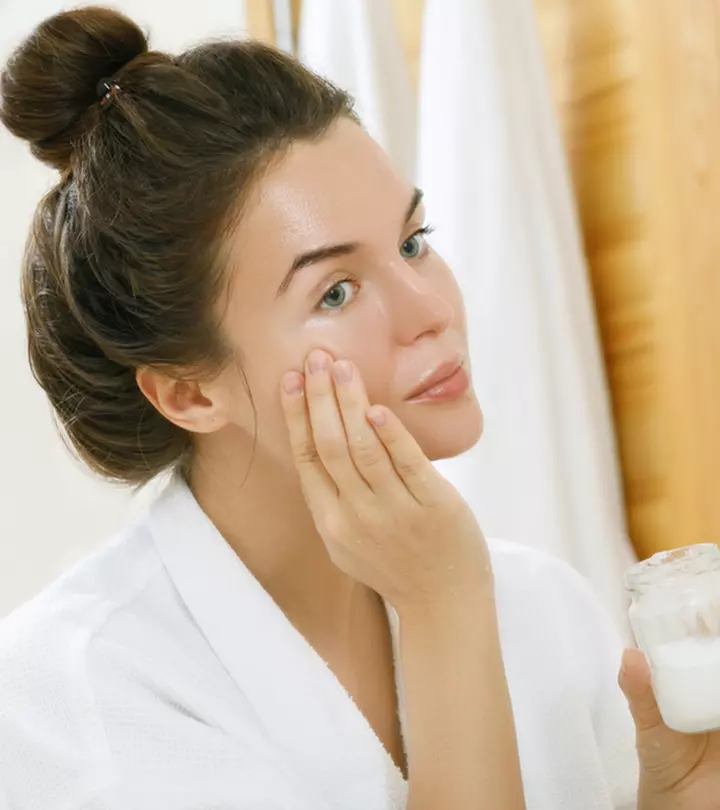
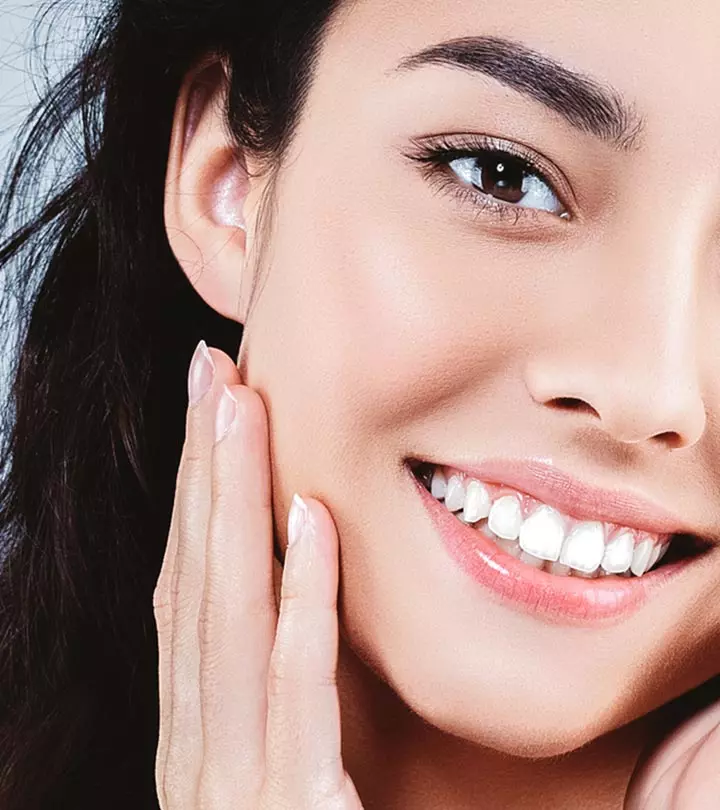
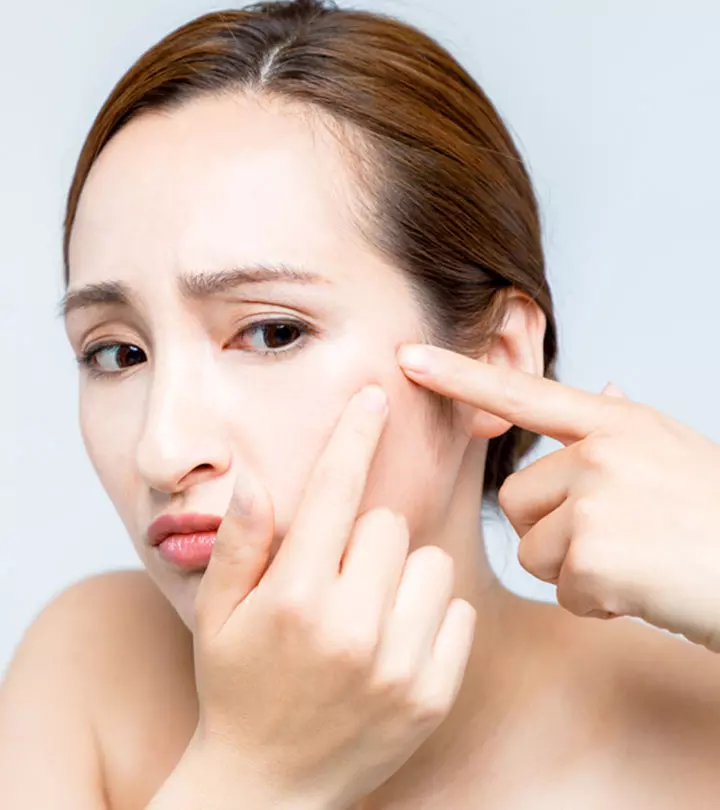
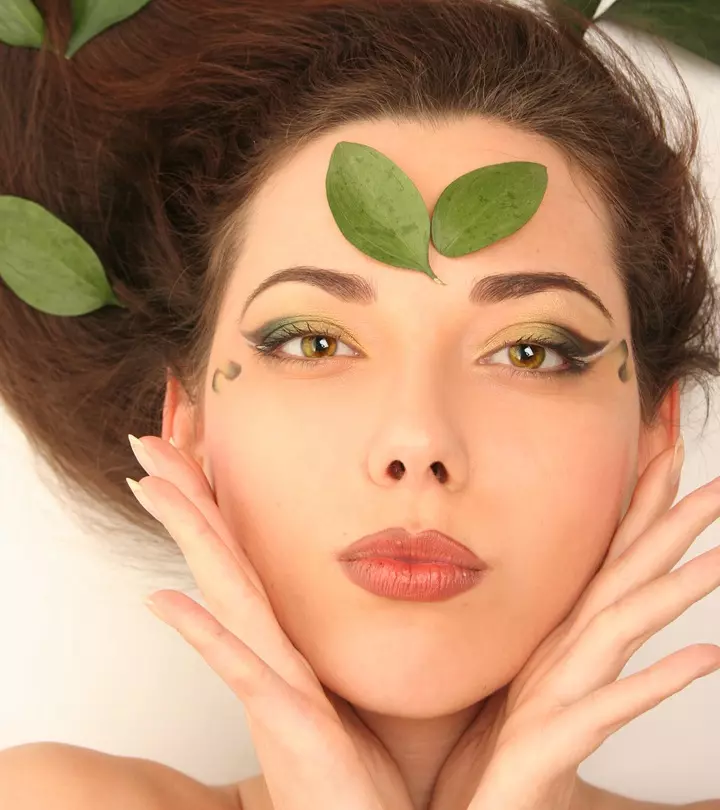
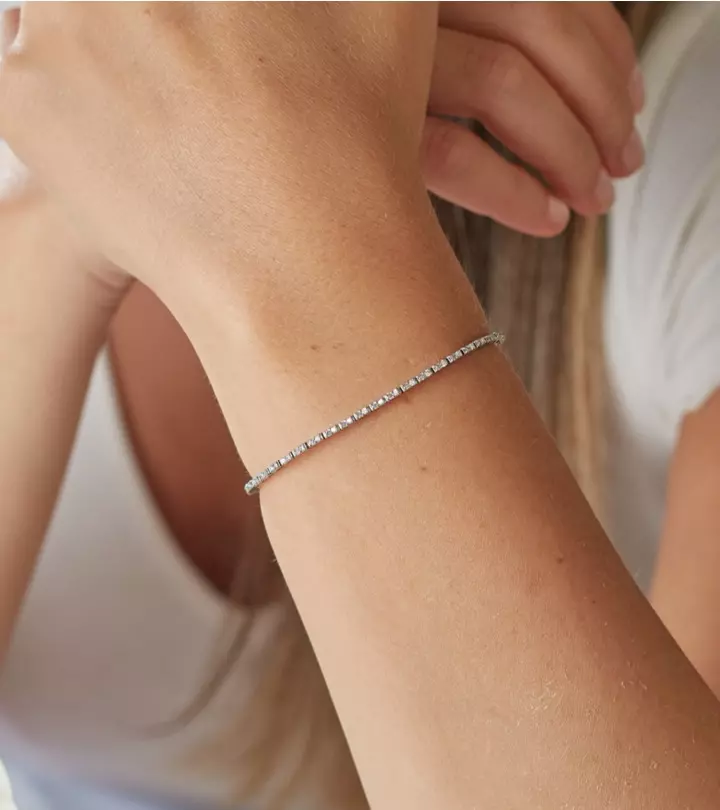

Community Experiences
Join the conversation and become a part of our empowering community! Share your stories, experiences, and insights to connect with other beauty, lifestyle, and health enthusiasts.